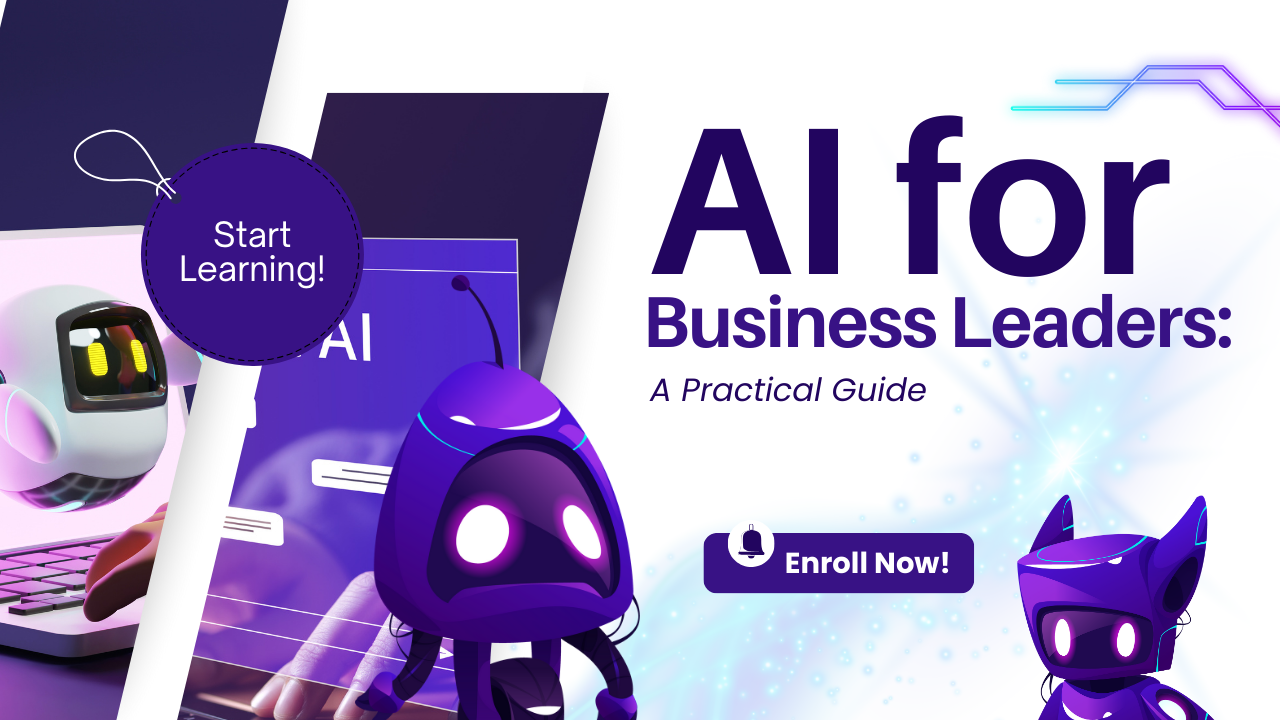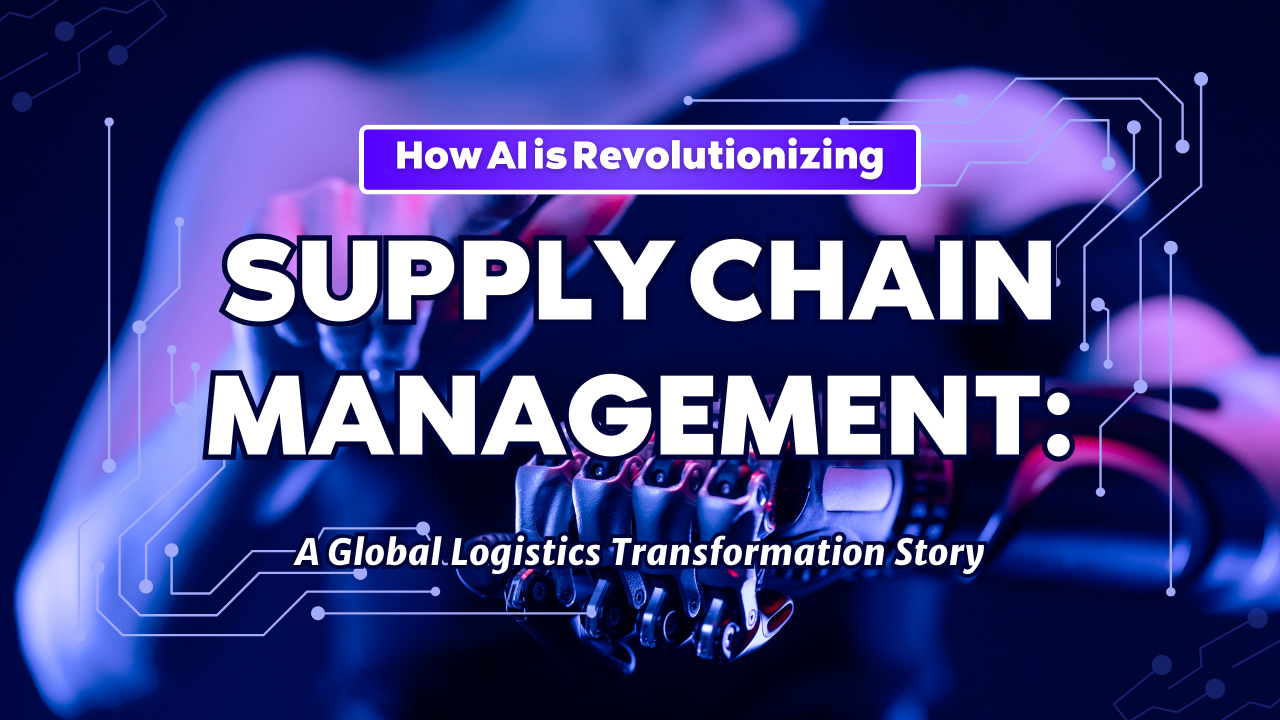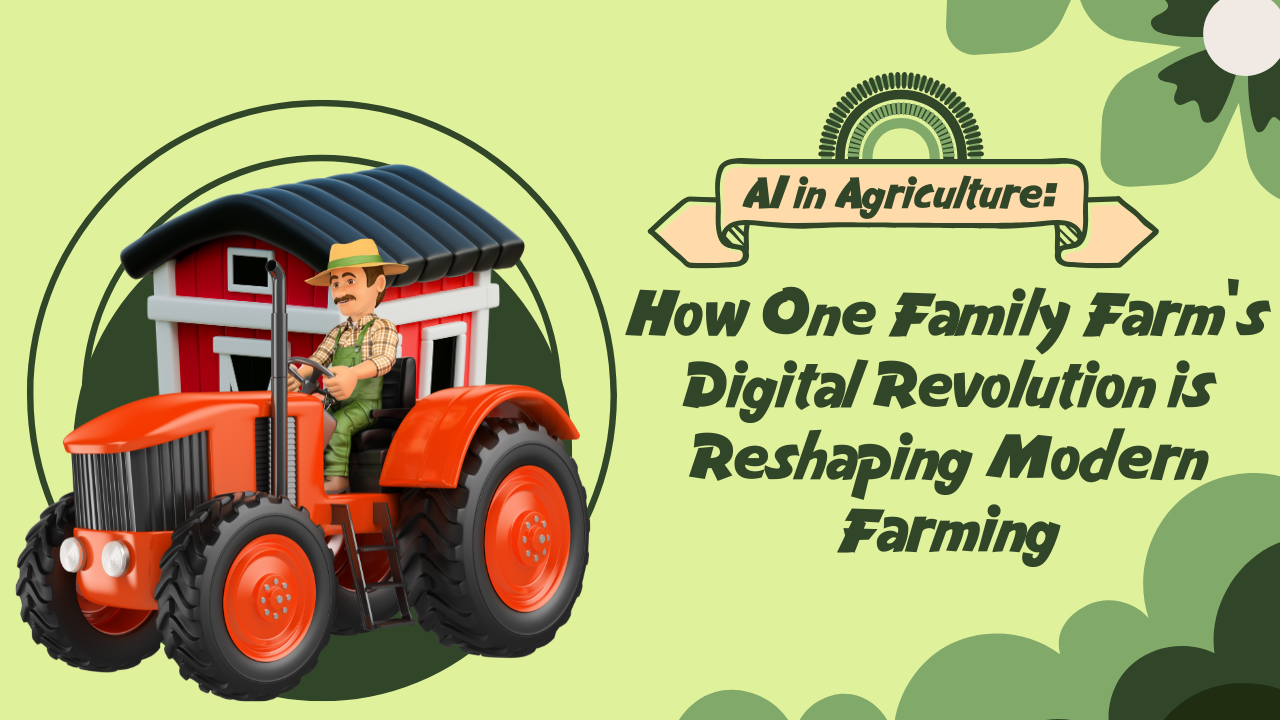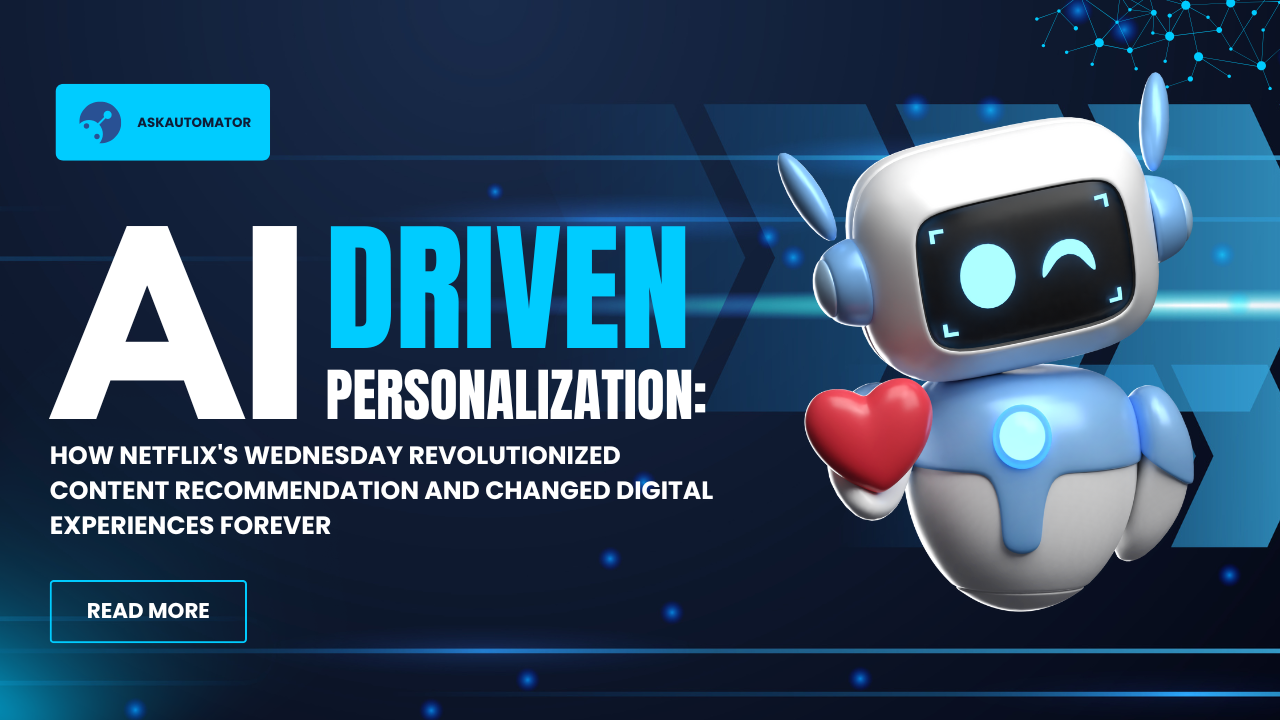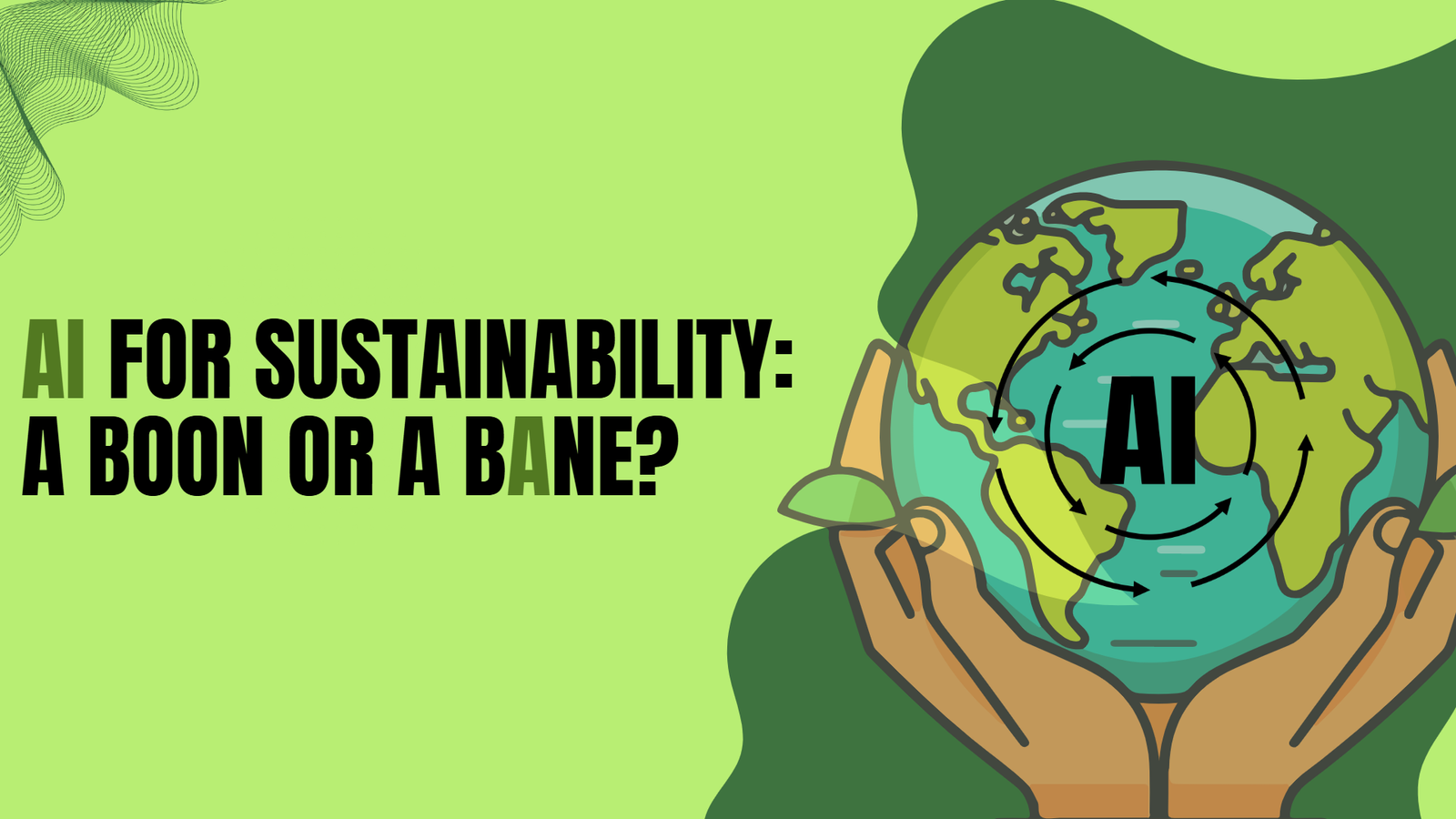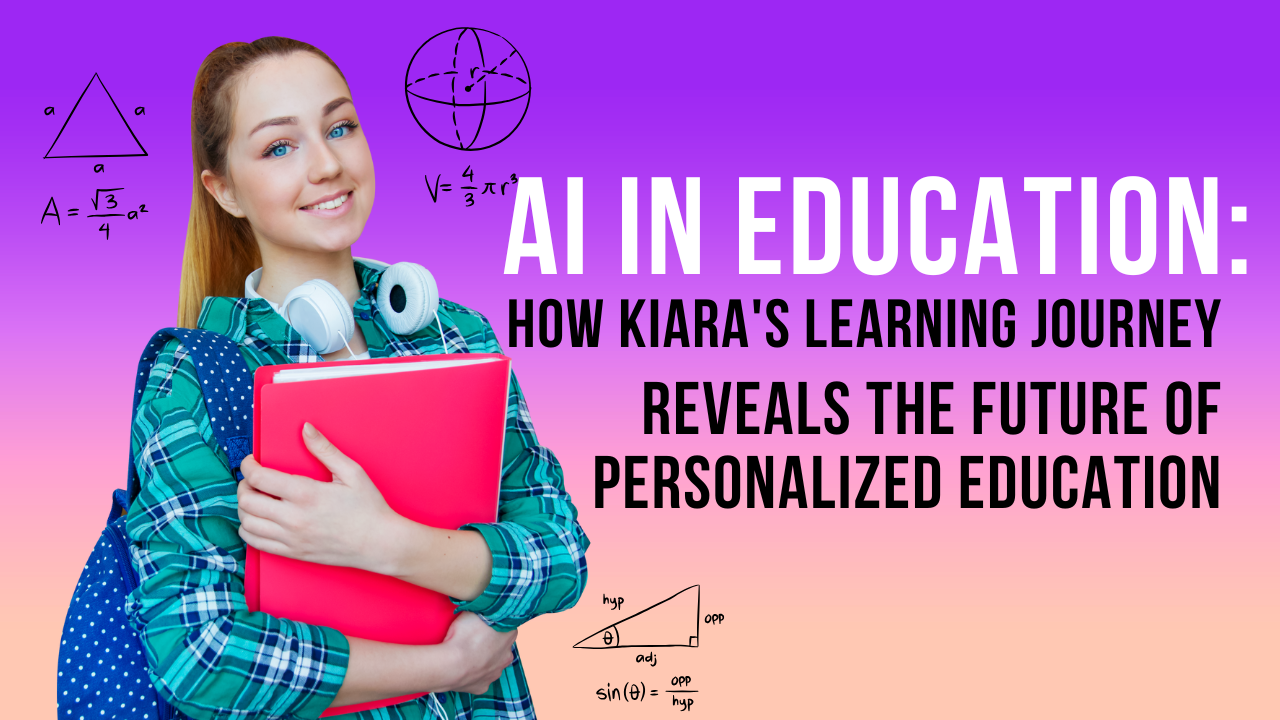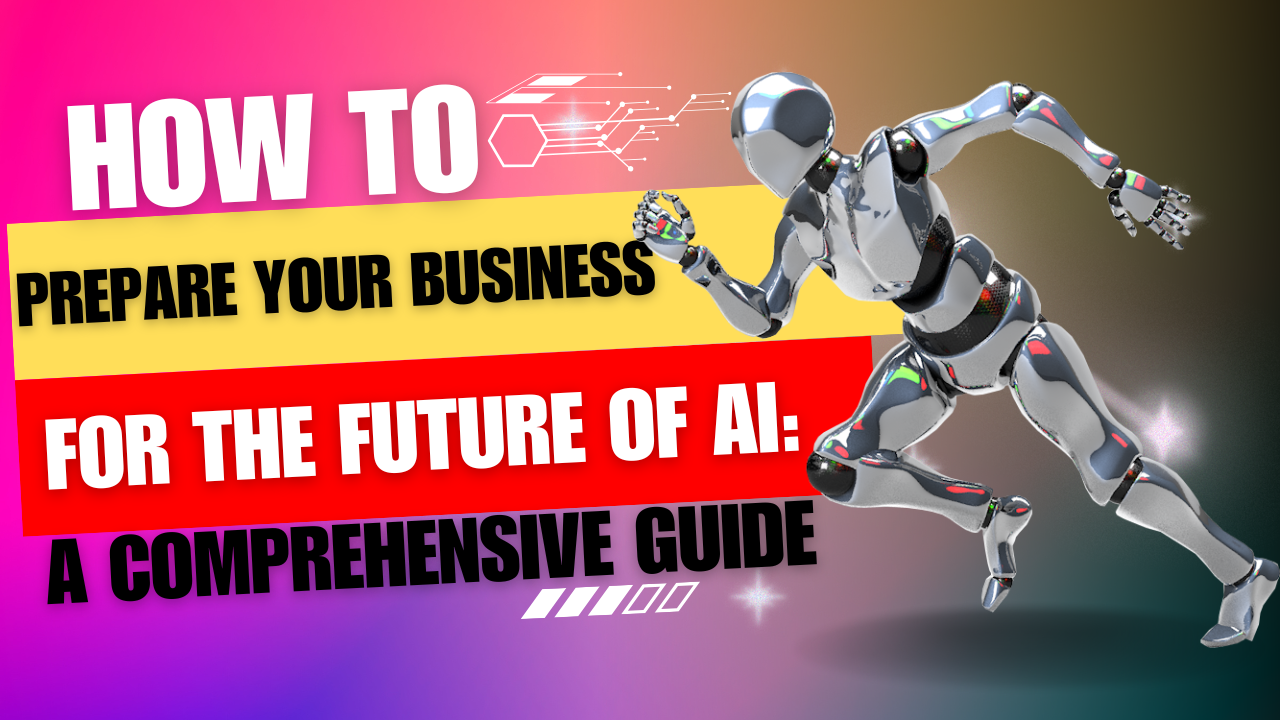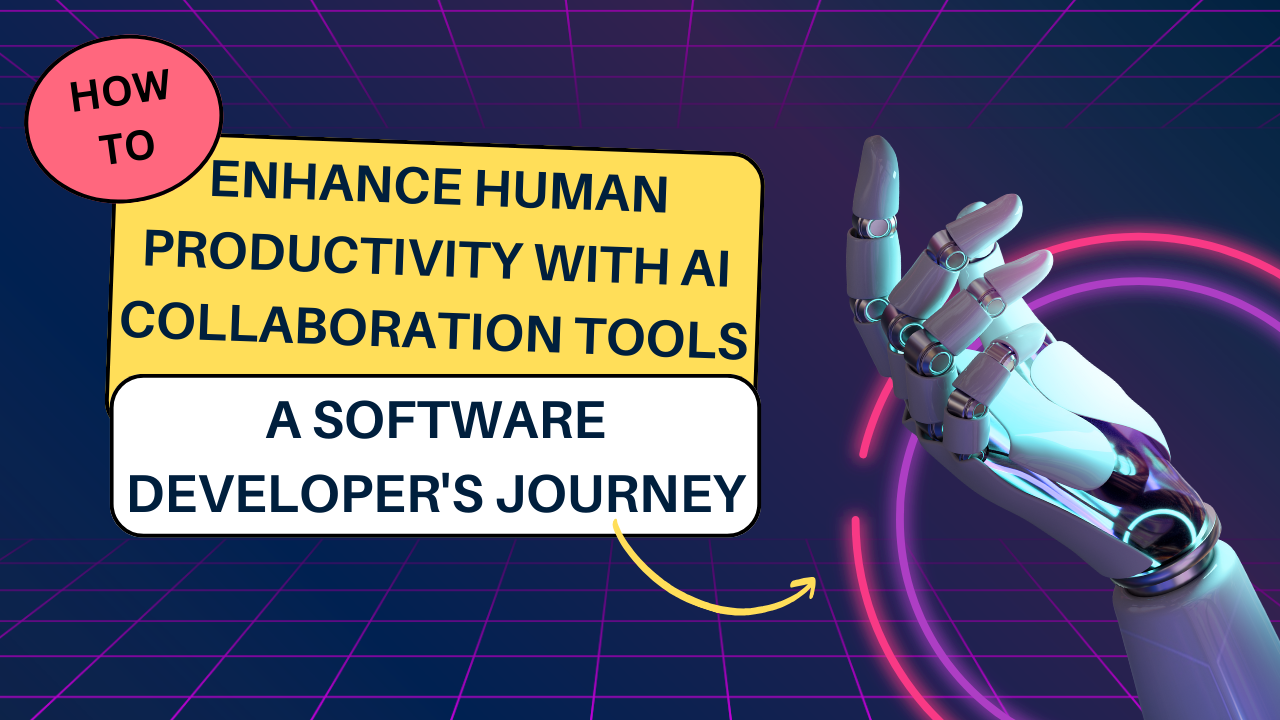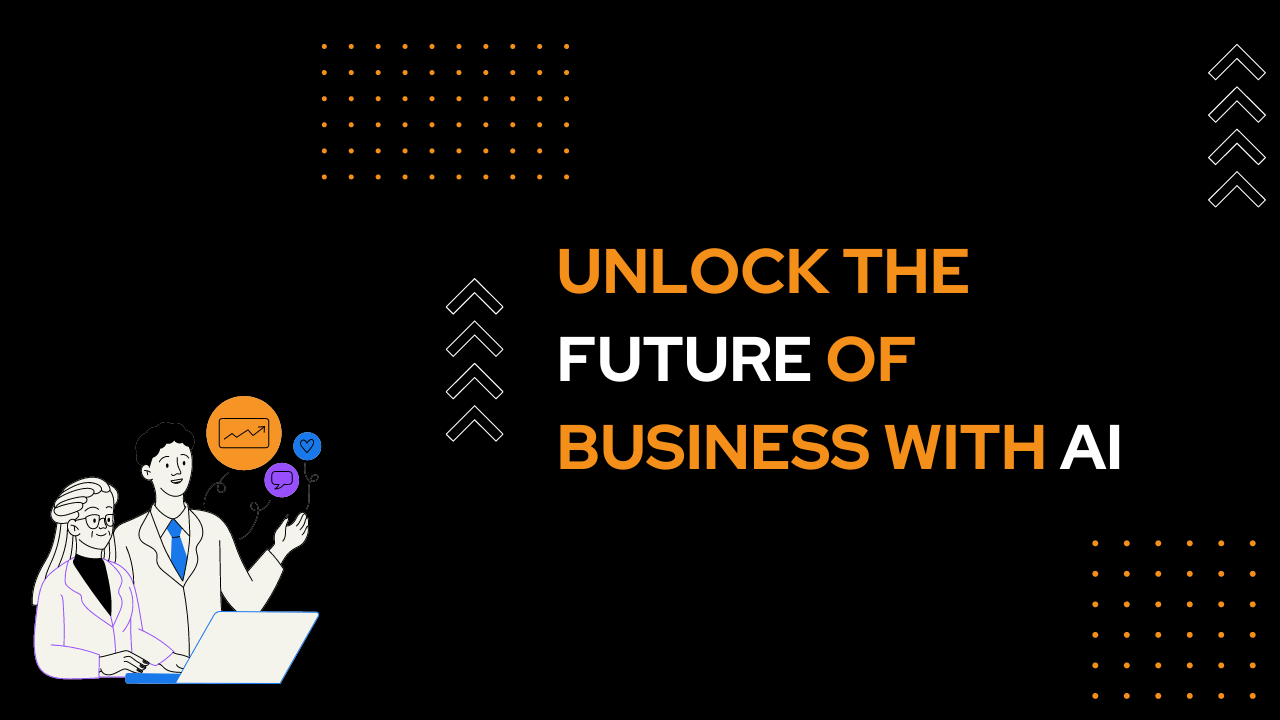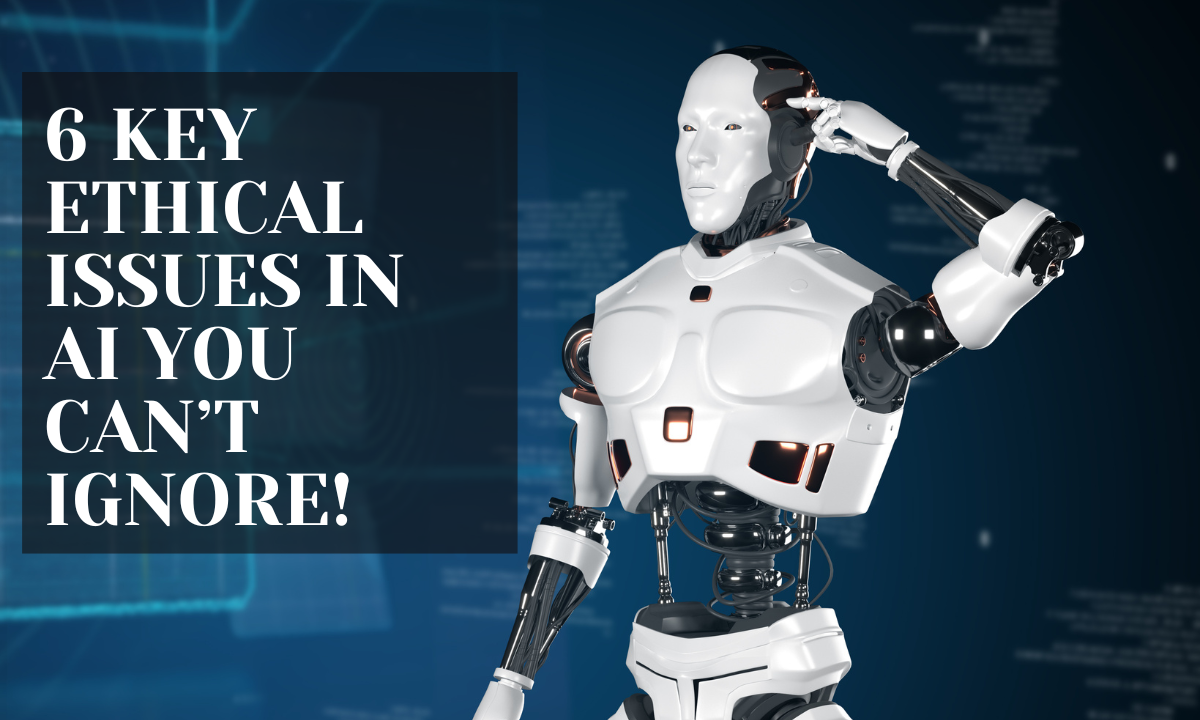In the heart of Singapore’s bustling maritime district, a silent revolution was brewing – a technological shift destined to redefine global logistics. Amid this sea change, Maya Chen, a young logistics manager at GlobalTrade Solutions, found herself at the center of a paradigm shift. For decades, supply chain management relied on traditional systems that barely scraped the surface of modern challenges. Yet, in an interconnected world demanding transparency, speed, and efficiency, these systems faltered.
The supply chain had become an intricate network – one that artificial intelligence (AI) promised to untangle. AI’s capacity to process immense datasets and make predictive decisions offered a lifeline to an industry grappling with inefficiencies. For Maya, embracing AI was not merely a professional challenge but a necessity for survival in a competitive global marketplace.

The Changing Landscape of Global Logistics
The modern supply chain environment presents unprecedented challenges, requiring innovative solutions to maintain efficiency and resilience. AI’s emergence as a pivotal player in logistics can be attributed to four major trends reshaping the industry:
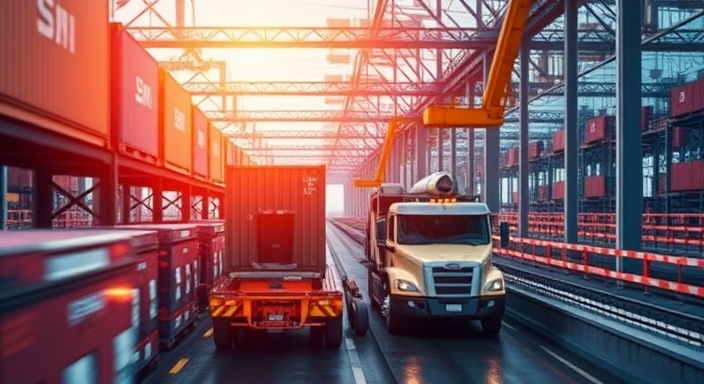
- Global Disruption Management
- Challenge: The COVID-19 pandemic exposed vulnerabilities in global supply chains. Port closures, labor shortages, and demand surges crippled traditional logistics frameworks.
- AI’s Role: Predictive analytics enabled businesses to anticipate and mitigate risks, such as sourcing delays or route disruptions. Companies like DHL used AI-driven tools to reroute shipments dynamically, ensuring minimal customer impact.
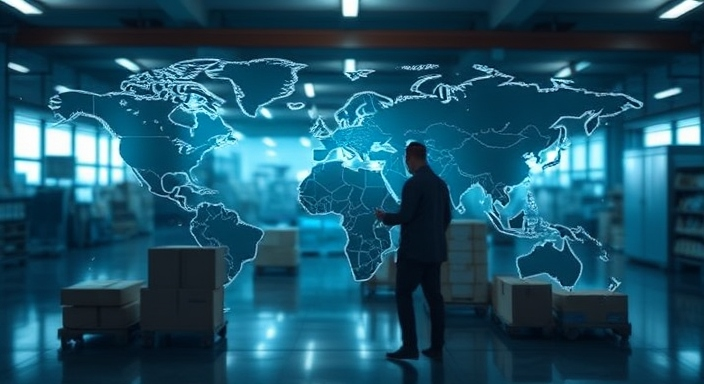
- Evolving Consumer Expectations
- Challenge: Modern consumers demand real-time tracking, faster delivery, and greater transparency.
- AI’s Role: Intelligent systems provide end-to-end supply chain visibility. Amazon’s use of AI-driven demand forecasting has set a gold standard for meeting customer expectations while optimizing inventory.

- Environmental Sustainability
- Challenge: Regulatory pressures and consumer awareness have pushed businesses to adopt greener practices.
- AI’s Role: Machine learning models help companies identify the most fuel-efficient routes and optimize warehouse operations, reducing carbon footprints. UPS’s ORION platform saved 10 million gallons of fuel annually by using AI to calculate optimal delivery paths.
- Geopolitical Uncertainties
- Challenge: Tariff wars, border closures, and political unrest create unforeseen obstacles.
- AI’s Role: Real-time scenario modeling allows businesses to adapt supply chain strategies. AI tools provide simulations for alternative sourcing or transportation routes in response to political disruptions.
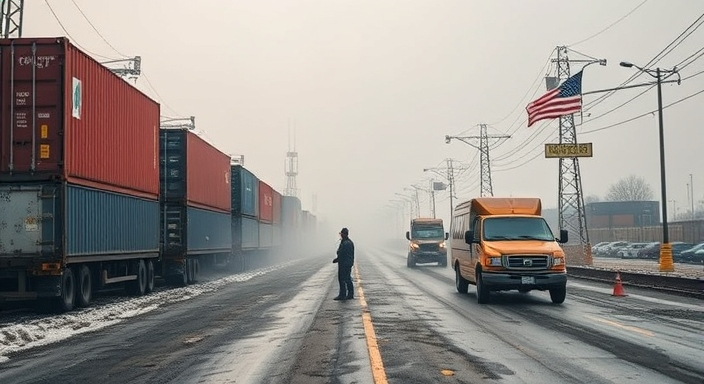
The AI Awakening: A Technological Revolution
AI is not just a technological upgrade but a complete reimagining of supply chain operations. Its transformative potential lies in key technologies that optimize, automate, and innovate at every logistical touchpoint.
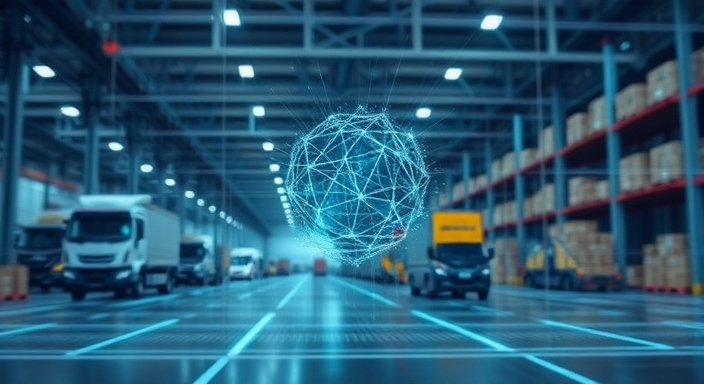
Key Technologies Driving the AI Supply Chain Revolution
- Predictive Analytics
- Description: Advanced algorithms forecast demand, identify risks, and optimize inventory.
- Example: Retailers like Walmart use predictive analytics to prevent overstocking and understocking, ensuring better cost management.
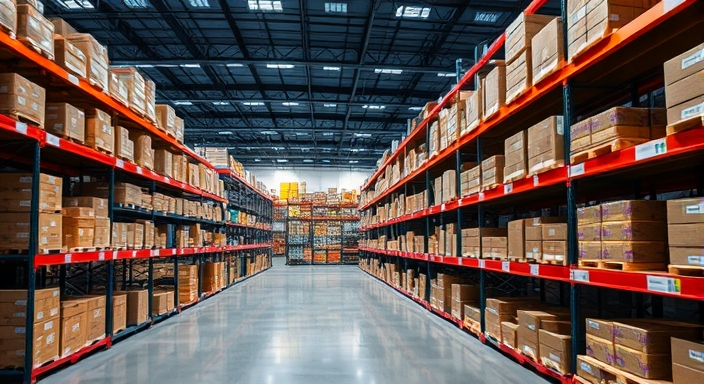
- Machine Learning
- Description: Adaptive algorithms that improve decision-making by learning from historical data.
- Example: Machine learning helps Unilever adapt production schedules based on fluctuating market demands.

- Internet of Things (IoT)
- Description: Real-time tracking through interconnected sensors.
- Example: IoT devices monitor perishable goods during transit, ensuring quality and compliance with regulations.

- Blockchain Integration
- Description: Immutable ledgers that enhance trust and reduce fraud.
- Example: Maersk’s blockchain platform streamlines shipping documentation, reducing paperwork and errors.

- Autonomous Technologies
- Description: Self-driving vehicles and automated warehouses.
- Example: Amazon’s robotic fulfillment centers reduce human error and accelerate order processing.
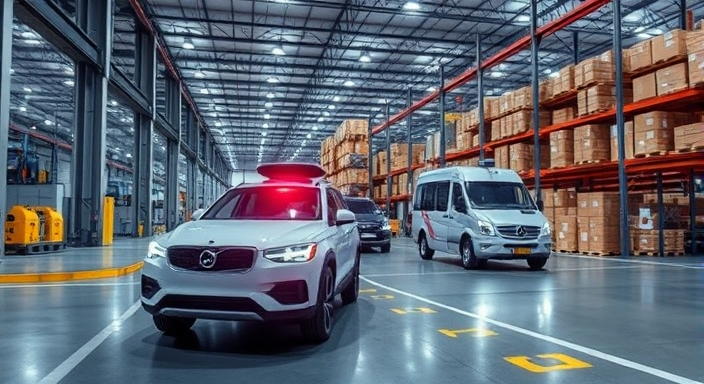
Emerging Technologies: Drones and Last-Mile Delivery Revolution
The final frontier of logistics innovation lies in last-mile delivery, where drones are poised to transform traditional transportation models. Companies like Amazon are pioneering aerial delivery technologies that promise unprecedented speed and efficiency.
Last-Mile Delivery Challenges:
- High delivery costs represent up to 53% of total shipping expenses
- Urban congestion and traffic limitations
- Growing consumer expectations for rapid delivery
Drone Delivery Innovations:
- Amazon Prime Air: Developing autonomous drones capable of delivering packages under 5 pounds within 30 minutes
- Regulatory progress with FAA approvals for beyond-visual-line-of-sight (BVLOS) drone operations
- Potential to reduce delivery costs by up to 70% compared to traditional methods
AI’s Role in Drone Logistics:
- Advanced navigation algorithms enabling precise routing
- Real-time obstacle detection and avoidance
- Dynamic path optimization based on weather conditions and urban infrastructure
- Predictive maintenance for drone fleets

New-Age Supply Chain Startups: Technological Disruptors
A new generation of logistics startups is leveraging AI and emerging technologies to reimagine supply chain management:
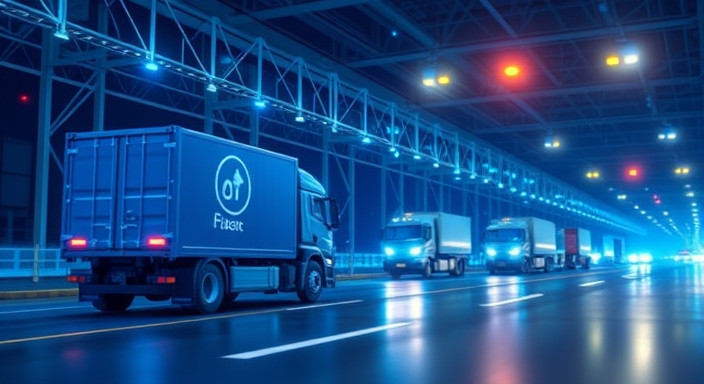
Innovative Startups Reshaping Logistics:
- Flexport
- Digital freight forwarding platform
- Uses AI to optimize global shipping routes
- Provides real-time tracking and transparent pricing
- Raised over $2.2 billion in venture capital
- Convoy
- AI-powered trucking network
- Matches carriers with shippers using machine learning
- Reduces empty truck miles and improves fuel efficiency
- Significantly lowers transportation costs for businesses
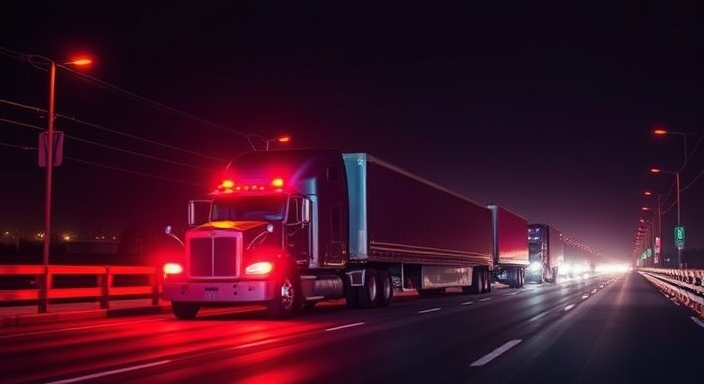
- Zipline
- Medical supply drone delivery in Rwanda and Ghana
- Delivers critical medical supplies to remote areas
- Uses AI for precise navigation and package delivery
- Demonstrates potential for humanitarian logistics applications

- Bringg
- Cloud logistics platform for last-mile delivery
- Provides end-to-end delivery management
- Integrates with existing enterprise systems
- Enables real-time optimization of delivery networks

Startup Characteristics:
- Agile technology adoption
- Focus on data-driven decision making
- Emphasis on sustainability and efficiency
- Rapid iteration and continuous innovation
The Economic Imperative of AI Adoption
The adoption of AI in supply chain management is not just about innovation—it’s an economic necessity. Companies that fail to integrate AI risk falling behind in an increasingly competitive market.

Benefits of AI-Driven Logistics
- Cost Reduction
- Data Insight: Comprehensive AI solutions can cut operational costs by up to 30%.
- Example: Procter & Gamble’s AI systems streamline procurement processes, saving millions annually.

- Increased Efficiency
- Data Insight: Real-time optimization tools improve supply chain visibility, reducing delays and enhancing responsiveness.
- Example: FedEx’s AI-driven logistics improve package delivery efficiency by analyzing traffic patterns.
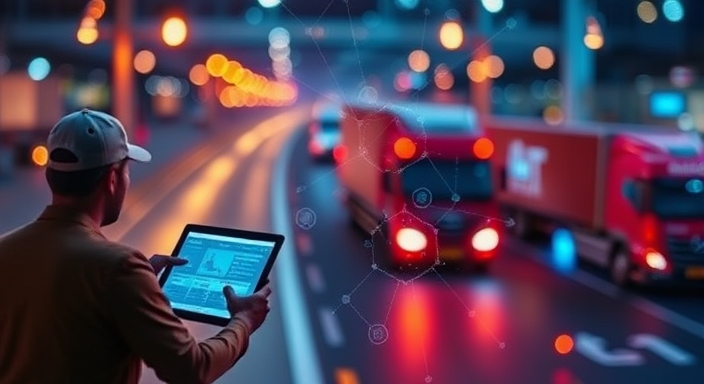
- Predictive Maintenance
- Data Insight: Reducing equipment downtime by 50%, predictive maintenance tools avert costly breakdowns.
- Example: Airbus uses AI to monitor aircraft components, preemptively addressing maintenance issues.

Cutting-Edge AI Tools Transforming Supply Chains
Numerous AI platforms are leading the logistics revolution. These tools exemplify how businesses can use technology for maximum impact:

- IBM Watson Supply Chain Insights
- Features: Cognitive computing and real-time risk assessment.
- Capabilities: Analyzes structured and unstructured data to predict disruptions and mitigate risks.
- SAP Integrated Business Planning (IBP)
- Features: Combines demand forecasting, scenario planning, and visibility.
- Capabilities: Generates predictive insights to optimize inventory.
- Google Cloud Supply Chain Twin
- Features: Digital simulation and real-time optimization.
- Capabilities: Models entire supply chain infrastructure for performance analysis.
The Human-AI Collaboration: A New Paradigm
AI is not about replacing humans but augmenting their capabilities. In logistics, the partnership between human expertise and artificial intelligence is crucial for navigating complex challenges.
Skills for the AI-Enabled Logistics Professional
- Data Interpretation: Professionals must decipher algorithmic outputs and translate them into actionable strategies.
- Strategic Thinking: Decision-makers need to contextualize AI insights within broader market dynamics.
- Technological Adaptability: Continuous learning ensures professionals remain adept at leveraging emerging tools.
- Ethical Management: Ethical deployment of AI ensures transparency and accountability, preventing misuse.

Conclusion: Embracing the AI-Powered Future
Maya Chen’s journey mirrors a larger industry transformation. AI is no longer a luxury but a strategic imperative for businesses seeking resilience, sustainability, and efficiency in a volatile global landscape. By adopting AI-driven logistics solutions, companies can:
- Transition from reactive to predictive operations.
- Link sustainability goals with operational efficiency.
- Foster collaboration between human intelligence and artificial systems.
The future of supply chain management is being written by those who dare to innovate. As Maya and her peers demonstrate, embracing AI is not merely a step forward but a leap into the future.
Final Reflections
- AI transforms logistics from a reactive to a predictive discipline.
- Sustainability and efficiency are now intrinsically linked through intelligent technologies.
- Human-AI collaboration represents the most effective approach to overcoming logistical challenges.
- Continuous learning and adaptation to emerging technologies are essential for staying competitive.
Recommended Research Resources
- MIT Technology Review: Insights on AI’s impact on logistics and beyond.
- World Economic Forum: Comprehensive analysis of future supply chain trends.
- Gartner Supply Chain Insights: Leading research on AI’s transformative role in supply chains.

